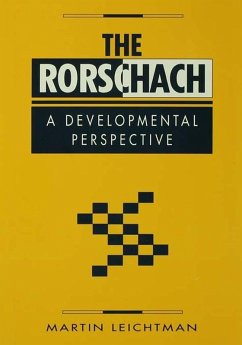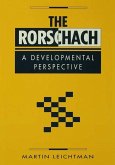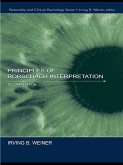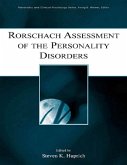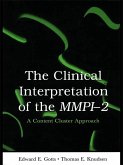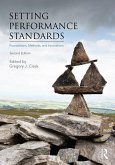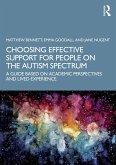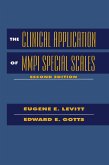Martin Leichtman's The Rorschach is a work of stunning originality that takes as its point of departure a circumstance that has long confounded Rorschach examiners. Attempts to use the Rorschach with young children yield results that are inconsistent if not comical. What, after all, does one make of a protocol when the child treats a card like a frisbee or confidently detects "e;piadigats"e; and "e;red foombas"e;?A far more consequential problem facing examiners of adults and children alike concerns the very nature of the Rorschach test. Despite voluminous literature establishing the personality correlates of particular Rorschach scores, neither Hermann Rorschach nor his intellectual descendants have provided an adequate explanation of precisely what the subject is being asked to do. Is the Rorschach a test of imagination? Of perception? Of projection?In point of fact, Leichtman argues, the two problems are intimately related. To appreciate the stages through which children gradually master the Rorschach in its standard form is to discover the nature of the test itself. Integrating his developmental analysis with an illuminating discussion of the extensive literature on test administration, scoring, and interpretation, Leichtman arrives at a new understanding of the Rorschach as a test of representation and creativity. This finding, in turn, leads to an intriguing reconceptualization of all projective tests that clarifies their relationships to more objective measures of ability.
Dieser Download kann aus rechtlichen Gründen nur mit Rechnungsadresse in A, B, BG, CY, CZ, D, DK, EW, E, FIN, F, GR, HR, H, IRL, I, LT, L, LR, M, NL, PL, P, R, S, SLO, SK ausgeliefert werden.

